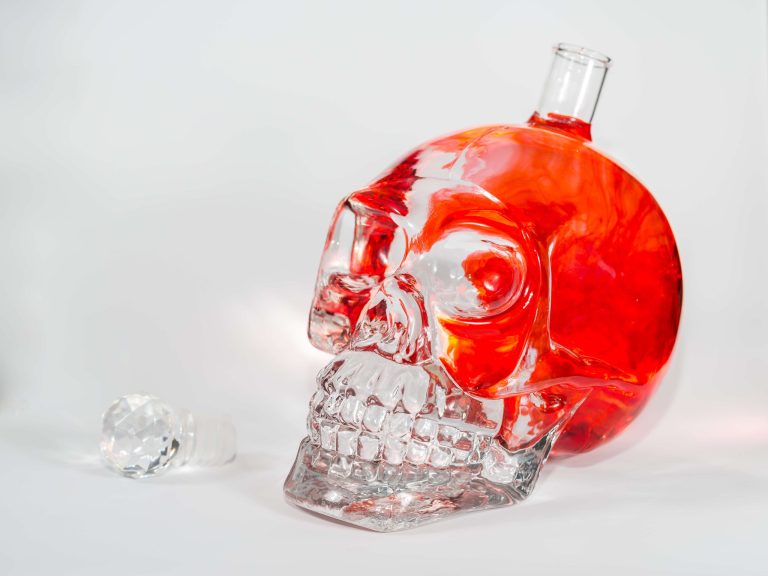Content
The diagnosis is made when drinking interferes with your life or affects your health. Naltrexone, an opioid antagonist, reduces alcohol consumption in patients with AUD, and is more successful in those who are abstinent before starting the medication.8 The opioid receptor system mediates the pleasurable effects of alcohol. Alcohol ingestion stimulates endogenous opioid release and increases dopamine transmission. Naltrexone blocks these effects, reducing euphoria and cravings.20 Naltrexone is available in oral and injectable long-acting formulations. What works for one person may not work for another, but a professional can offer guidance.
You don’t feel the “high” pleasure sensation that makes you want to drink. Disulfiram (brand name Antabuse) is another medicine that is sometimes used to treat alcoholism. Naltrexone does not make you feel sick if you drink alcohol while taking it.
Management and Treatment
More than 14 million adults ages 18 and older have alcohol use disorder (AUD), and 1 in 10 children live in a home with a parent who has a drinking problem. Naltrexone blocks opiate receptors and works by decreasing the craving for alcohol, resulting in fewer relapses. A recent positron emission tomography study demonstrated that persons with alcoholism have increased opiate receptors in the nucleus accumbens of the brain and that the number of receptors correlates with craving. Researchers haven’t compared medication alone to psychotherapy alone, and results are mixed as to whether combining the two provides greater benefits than either one alone. Some studies suggest that simply getting help — whether through medication, counseling, or both — is what matters for successful management of this addiction.
If the drinker is unable to resolve alcohol problems fully, a psychologist can help with reducing alcohol use and minimizing problems. Genetic factors make some people especially vulnerable to alcohol dependence. Contrary to myth, being able to “hold your liquor” means you’re probably more at risk — not less — for alcohol problems. sober house Yet a family history of alcohol problems doesn’t mean that children will automatically grow up to have the same problems. Nor does the absence of family drinking problems necessarily protect children from developing these problems. People with alcohol use disorders drink to excess, endangering both themselves and others.
MEDICAL ENCYCLOPEDIA
Many individuals, however, drink at harmful levels but do not meet the criteria for dependence and may benefit from medications to augment counseling approaches used with this subgroup of drinkers. Caring for a person who has problems with alcohol can be very stressful. It is important that as you try to help your loved one, you find a way to take care of yourself as well.
At the time, it was marketed by DuPont under the brand name Trexan. An extended-release, monthly injectable form of naltrexone is marketed under the trade name Vivitrol. It works in the brain by blocking the high that people experience when they drink alcohol or take opioids like heroin and cocaine. Currently available pharmacotherapies only have modest effects, which has spurred efforts to identify treatment responders, new medications, treatment combinations, and methods to enhance adherence. As reviewed by Krishnan-Sarin and colleagues (2008), several other medications show some clinical evidence of efficacy.
Patient Handouts
Recent meta-analyses have indicated that oral naltrexone has modest efficacy over 3 months on preventing relapse to heavy drinking, return to any drinking, and medication discontinuation (Srisurapanont et al. 2005). The standard dose is 50 mg daily, but a multisite study https://goodmenproject.com/everyday-life-2/top-5-tips-to-consider-when-choosing-a-sober-house-for-living/ demonstrated that 100 mg daily also was effective when combined with medical management (Anton et al. 2006). All three of these therapies have demonstrated their effectiveness. Psychologists can also diagnose and treat these “co-occurring” psychological conditions.
- Most people benefit from regular checkups with a treatment provider.
- Alcoholics Anonymous is available almost everywhere and provides a place to openly and non-judgmentally discuss alcohol problems with others who have alcohol use disorder.
- Family relationships influence drinking behavior, and these relationships often change during an individual’s recovery.
- Yet medications for alcohol use disorder can work well for people who want to stop drinking or drink a lot less.

